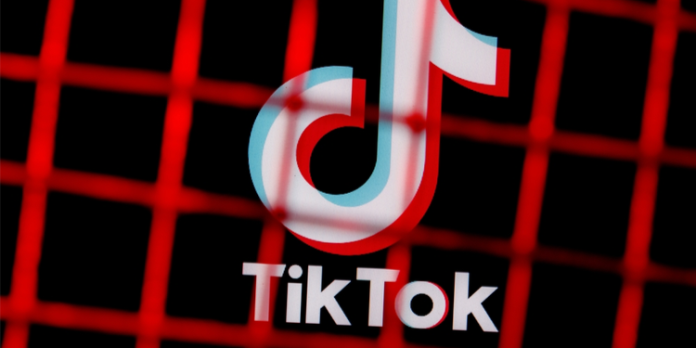Media outlets are forced to suspend reporting in Russia after Vladimir Putin signed a so-called ‘fake news’ law that threatens journalists with up to 15 years in jail.
Reporting in Russia has become a dangerous occupation. Among other media channels, BBC and Global News have already suspended their reporting from Russia. So-called ‘fake news’ law targets anyone who dares to publicly disagree with the Kremlin’s view on the war in Ukraine, which Russia sees only as a special military operation.
Social media is under threat, too. On Sunday, the short-video app TikTok said it has no choice but to “suspend livestreaming and new content to our video service while we review the safety implications of this law.”
TikTok’s in-app messaging service will not be affected.
“TikTok is an outlet for creativity and entertainment that can provide a source of relief and human connection during a time of war when people are facing immense tragedy and isolation. However, the safety of our employees and our users remains our highest priority,” TikTok tweeted.
However, it seems that even expressing your opinion in private messages is not safe in Russia. Since the invasion, Russian citizens have organized numerous protests against the war, and, according to the BBC, more than 10,000 people were detained.
Kevin Rothrock, an editor at independent Russian media outlet Meduza, recently shared a video showing that police officers in Moscow were stopping people and reading their private messages.
On Sunday, Netflix joined a long list of Western companies that had suspended their services in Russia. In return, the Kremlin blocked Facebook and Twitter in the country. As Russians are slowly being cut off from the Western internet, they turn to virtual private networks (VPNs) to access the content.
VPN sales in the pariah state have soared twentyfold in recent days. The Russian media is doing its part in trying to convince citizens that VPNs are dangerous. And while some poor VPN choices can put your data at risk, with rising concerns about various cyberattacks, a VPN is an ideal solution for hiding your IP address, data, and identity from third parties online.
More from Cybernews:
Putin’s crypto war chest? US Senate points to DeFi hole in Western sanctions
Latest Anonymous leak contains Yandex, Gmail, and Mail.Ru logins
The worst of cyberwar is yet to come?
Do NFTs have a legitimate future, or has the illicit gold rush ruined them
Information stolen in a T-Mobile breach is circulating on the dark web
Subscribe to our newsletter











